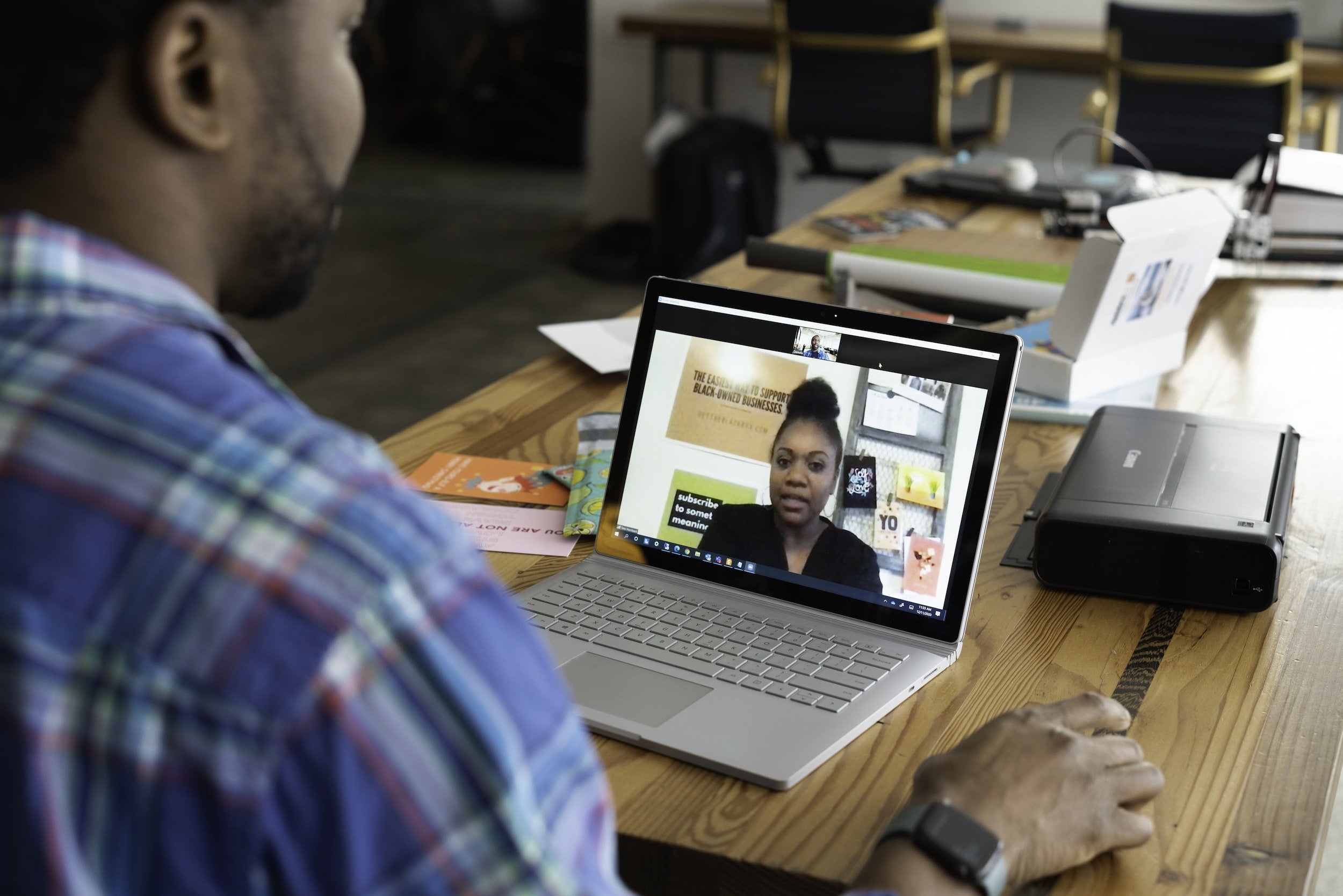Interview Attire: How to Leave a Good First Impression
By: Mary Walters, Contributor | Nate Pedronan, Operations Director
In a recent study with 270+ managers, 62% claimed that a candidate’s dress sense impacts their employability (Monster).
The dress code for today’s job interview candidate hasn’t changed much over the years. Recruiters and hiring managers still expect interviewees to show up dressed in clean, well-pressed clothes that are appropriate for the occasion. Now, what does “appropriate for the occasion” mean?
Typically, when presenting yourself before someone who is prospectively your boss or your bosses’ boss or the person who will be recommending you move on to the next interview, you are striving to make a good impression. You want them to view you favorably. The way you are dressed is a large part of your persona.
Why it matters
If you are unkempt, wearing sloppy clothes, and half asleep, this is the image the recruiter will envision you coming to work each day. The person interviewing you has judged you and found you wanting just on your appearance. Yes, it happens.
And to be honest, you’ll be less inclined to be at your best, which means you’ll lack the confidence you need to present your best self. The way you present yourself doesn’t mean you have to go out and purchase a new wardrobe. Certainly not! No one expects you to go into debt or deeper in debt to look like a model at the interview.
What to wear to an interview
One of the simplest ways to ensure the interviewers take you seriously is to appear relaxed with a positive attitude and to be yourself. It’s so much easier to do this when you’re not wearing something too tight-fitting or scratchy.
If you have something in your closet that is clean, comfortable, and appropriate to the occasion (what my grandmother might call “church clothes”), then you can wear those with some accessories that make the items seem new and fresh. Not too much makeup, hair gel, cologne, perfume, or jewelry would be good.
As much as high heels make a lady’s legs look great, they can also be tricky to walk on sometimes, especially if the lady in question isn’t used to wearing them. In this case, stay with sensible closed toed shoes even if they are slingbacks. This is not the day to break in new shoes or break anything else either—like a leg.
A zebra patterned manicure in red and black might be just the thing for a high school reunion, but probably not appropriate for a job interview. Two- or three-inch curled nails might also give interviewers pause when considering hiring you.
Stay in moderation. Better to tone it down a notch for the interview – less is better. A pretty, colorful scarf or a new tie would work just as effectively, especially if you feel good about yourself because your body language will relay this message.
First impressions matter
People interviewing for a position where they’ll get dirty every day might say, “Why do I need to dress up when if they hire me, I’ll just be covered in dirt and sludge all day?”
On the other end of the spectrum, what if the workplace is a “hip” software company and everyone is dressed in a t-shirt and jeans?
The answer is that prospective employers need to see your intent and your attitude toward the new job. It is about the respect you have for yourself, others around you, and the job you are seeking. No one has landed an interview just because they wore jeans, but I do know plenty of hiring managers that have disqualified candidates based on “first impressions.”
“It takes people on average, 7 seconds to make a first impression” (kornferry). So why leave it to chance?
Do I have too?
You may be one of those people who have always challenged authority. You go against the status quo just because you can. You run toward trouble when most people would run away from it. And that’s okay under the right circumstances such as pulling someone from a burning building or trying to talk down an active shooter. However, during a job interview, you never know what “first impression” you are giving off to your prospective employer.
Doubling-up on the piercings, wearing your eyes heavily kohled, and wearing your black thigh-high lace-up boots in most cases may hurt you, unless of course, the industry you are interviewing to work in required that style of dressing to accommodate their everyday workplace interactions. To be safe, ask the recruiter who helped you set up the interview(s).
Otherwise, dressed like a rebel with a cause (how cliché), you are just going to appear to most recruiters like someone who is saying, “Take me as I am or don’t take me at all.” Which they probably won’t. Despite having outstanding skills and being the worthiest candidate on paper, they make take a look at you and decide you would be a disruptive influence on their workforce or the goals they are striving to achieve. If you appear to be that person who is going to continually “buck” the system, they are going to give you a pass and a goodbye rather than listen to your rhetoric when they ask you to do something you don’t want to do.
You got this!
Along those same lines, each industry has its way of dressing in the workplace. Some are super-casual, and others are not. They are more formal, like business-casual, and only relax a little on Fridays. The size of the industry also plays a large role in the dress code as well as your role within that organization. These are the things you will learn once you become part of their team.







